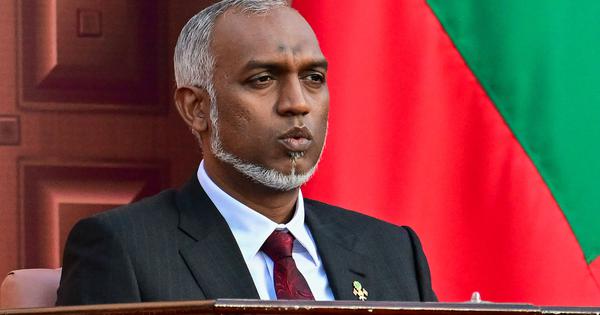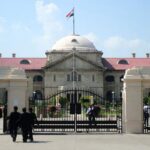Legislation raises concerns over press freedom and government control of media in the Maldives.
The Maldivian Parliament has approved the Media and Broadcast Regulation Bill despite significant protests from journalists and opposition leaders. On Tuesday, 60 members of Parliament voted in favor of the bill, which critics argue grants the government extensive powers that could threaten press freedom in the country. The Maldives Journalists Association previously described the bill as a “grave threat” to media independence, asserting that it could lead to severe restrictions on journalistic activity.
The approval of the legislation occurred amid a backdrop of protests, with seven members of the opposition Maldivian Democratic Party being removed from Parliament for their dissent. The ruling People’s National Congress, led by President Mohamed Muizzu, maintains a majority in the 93-member People’s Majlis, with only one opposition MP voting against the bill. Ameen Faisal, an opposition MP, noted that the legislative committee’s report on the bill was distributed to members shortly before the parliamentary debate, limiting their time to review it adequately.
The new law facilitates the dissolution of the Maldives Media Council and the Maldives Broadcasting Commission, establishing instead the Maldives Media and Broadcasting Commission. The commission will consist of seven members, three of whom, including the chairperson, will be appointed by the president. The remaining four members will be selected by media organizations, although they can be dismissed by Parliament. This structure raises concerns about the independence of the commission, as it will wield significant power, including the ability to suspend media company registrations, block news websites, halt broadcasts, and impose hefty fines of up to 100,000 Maldivian Rufiyaa, roughly equivalent to Rs 5.7 lakh.
The government has defended the legislation by citing a need to combat disinformation and hate speech. However, critics, including the news organization Reporters Without Borders, have argued that the bill is designed to place media regulation under the executive’s direct influence, thus undermining journalistic autonomy. They emphasized that the commission’s potential lack of external oversight could turn it into a tool of governmental power rather than an independent body that serves the public interest.
Concerns have also been raised regarding vague provisions within the bill that could inhibit journalists from publishing information deemed “likely to be false.” Such ambiguous language is seen as a potential pretext for censorship, particularly regarding coverage of governmental abuses. The amendments made to the bill before its passage have not been made publicly available, leaving questions about its content unanswered.
Human Rights Watch has characterized the draft law as part of a broader initiative by the Muizzu administration to suppress dissent. Former President and opposition leader Ibrahim Mohamed Solih has stated that the passing of this bill marks a significant decline in press freedom within the Maldives. He criticized the manner in which the legislation was pushed through Parliament despite widespread protests from various sectors, including journalists, civil society, and the general public, highlighting a troubling disregard for democratic rights in the nation.








